Too often, vital client voices are not always heard above the hype, or through the hyperness of entrepreneurial instincts and enterprise building. How can entrepreneurs cultivate and codify a culture of empathy and understanding and always put clients at front and center?
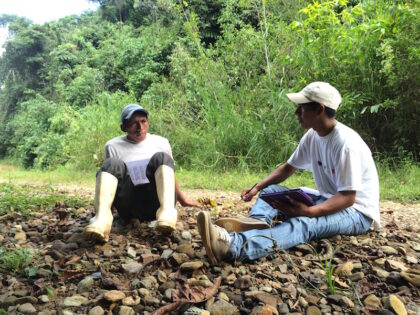
Agriculture is the single largest employer among developing countries, and the artisan sector is the second. The families whose livelihoods are dependent on farming are often the same families who earn income from selling handcrafted products and artwork in the off-season.
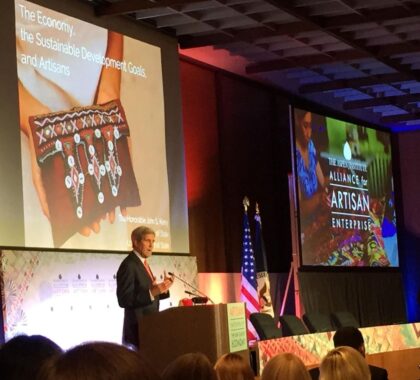
An estimated 75 percent of Rwanda’s 12 million people live in rural areas, and a majority of them are subsistence farmers. These hardworking men and women cultivate small plots of land to meet their own food needs and, when possible, sell surpluses to earn income. For them and for their country, most opportunities for a better future originate in the soil.
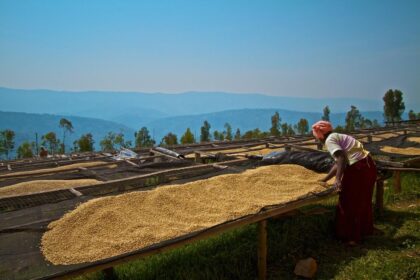
The complexity of the coffee rust crisis requires tight integration across government, business, international development and the finance sector. To that end, my organization, Root Capital, has launched the Coffee Farmer Resilience Initiative (CFRI), a multifaceted and collaborative venture that channels investment to coffee farmers at the base of the value chain.
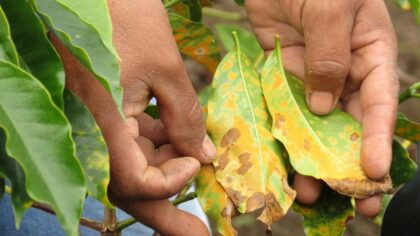
Despite countless tragedies, Colombia's long-conflicted coffee lands have recently transformed in ways that are driving hope, optimism, and improved livelihoods farther into the countryside than ever before. In fact, many farmer cooperatives in the region are confronting and managing through issues like coffee leaf rust disease on their own terms and are leading a veritable revolution in crop quality.
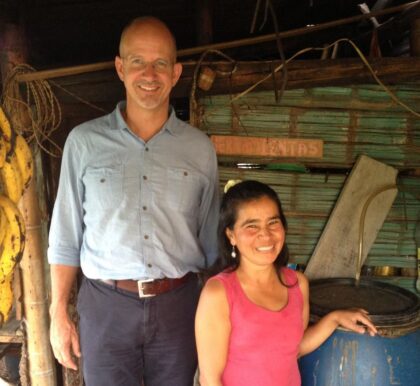
I sat down with Andrew Stern of Dalberg Advisors to talk about a topic that’s near and dear to my heart—how to spur a financial market to serve the unmet needs of the world’s 450 million poorest farmers while preserving our natural resources.
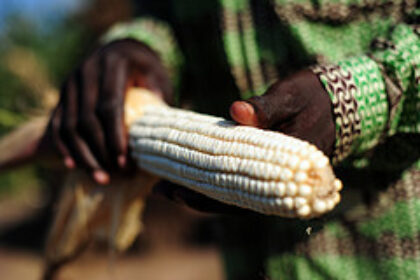
Colin Powell once said that “capital is a coward,” and the data shows that foreign private investment generally waits a decade before re-entering post-conflict countries. Yet the world can’t wait that long. This blog post is about capital becoming more courageous in places like Somalia and the Democratic Republic of Congo (DRC), where economic reconstruction can contribute mightily to the transition to peace and security, even in regions still ravaged by war.
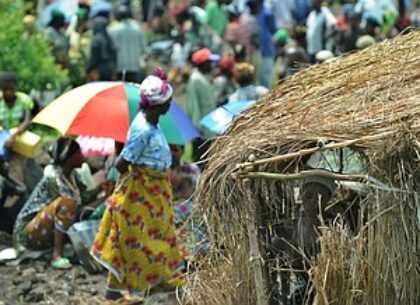
Togolese social entrepreneur Francois Locoh-Donou is at the forefront of efforts to build the capacity for nut processing within West Africa.

Malian business Produits du Sud offers a microcosm for how such small and growing agricultural businesses can foster long-term peace and prosperity in one of the most troubled regions of the world.
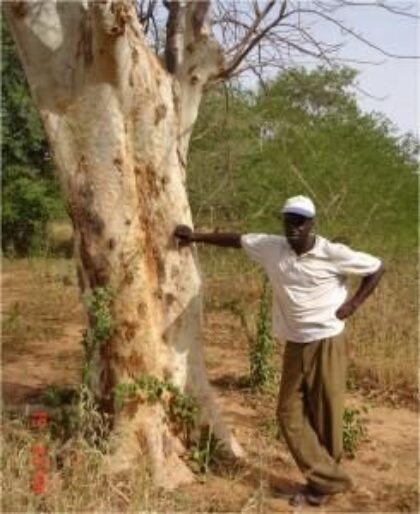
As the Clinton Bush Haiti Fund prepares to cease its operations, we’d like to say thanks for serving as a catalyst, for helping build Haitian agriculture that empowers small-scale farmers and is truly sustainable in the long-term.